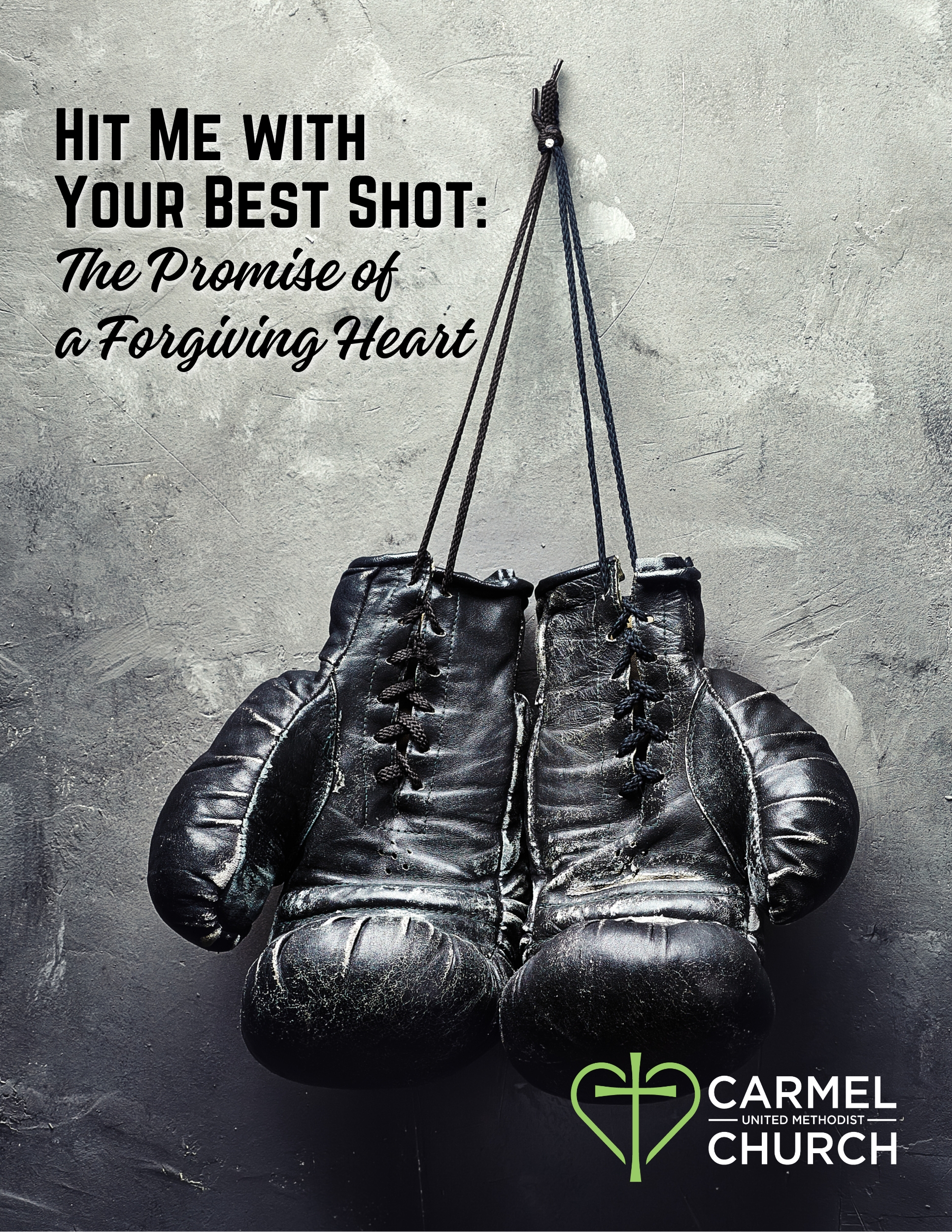

Anger: It’s Worse Than You Think
I’d like to share with you an excerpt from an online article, which is an interview with a Harvard professor about anger and how it is used in our society today.
“Anger happens to be one of the emotions that makes us act quickly, and sometimes short-circuits what would [possibly] otherwise be a more systematic, deliberative and slow decision process," says Harvard psychologist Jennifer Lerner.
“And she says that's its allure for any individual or group intent on manipulating opinion, because people are more vulnerable when they're in an angered state.
"When we're angry, we don't pay attention to the details of complex messages," says Professor Lerner.
"We tend to find simple messages more convincing. It turns out that the more one person expresses anger, the more others express anger, and then it becomes a kind of spiral where the anger is ratcheted up and up.”
“Provoking anger is rapidly becoming the standard for many online operations, she says. "There are different ways that media monetizes our emotions, but this is the fastest and most effective," Ms Ferszt says.
"For the majority of companies… it's almost a primary guaranteed tactic for marketing."
“This is why she calls it "outrage marketing" or "cultivated controversy".
“It works because in our algorithmically driven culture the popularity of any given content is no longer driven by the number of eyeballs that see it, but by the level of engagement it generates.
"The human brain is far faster to react and engage when it is angered, as opposed to watching something nice and peaceful," she says.
"So, if I make you angry, you're going to externalize that emotion and whatever I put in front of you, my piece of communication, is going to do better."
Dr. Lerner is essentially saying that provoking and capitalizing on our anger and outrage is ‘baked into’ the internet and our social media. There are people and organizations—a whole industry—that benefits from making us feel as if we are victims, as if something has been taken from us, as if we deserve something that is being withheld from us. Politics today thrives amidst this aspect of social media and cable news.
But do you remember what the brother of Jesus, St. James says? In 1:26 he writes: “Those who consider themselves religious and yet do not keep a tight rein on their tongues deceive themselves, and their religion is worthless.” Do you hear that? You can’t be a faithful practitioner of Christianity if you don’t keep a tight rein on your words and how you share them with others. If what comes out of your mouth is tainted by anger, bitterness, or any kind of malice (and it is directed toward another) then your faith is worthless. Ouch. It doesn’t feel like this is negotiable for James.
I don’t know about you, but I’ve got a big job laid out ahead of me in order to rehabilitate my faith. No, I don’t tend to run others down—publicly or privately—but when it comes to what is best for my city, my state, my country, and the world I certainly have my own opinions. Some of them are quite strong opinions. Thank God I’m a pastor and therefore strive to be moderate and more or less neutral on such things. Maybe we should all think of ourselves, not so much as pastors, but as Christ followers and in order not to lose the power of our witness, we might try expressing ourselves with moderation and non-partisan comments as well. In an election year especially.
Next Sunday, we shift from anger toward others to frustration and disappointment with ourselves that results in guilt. Stay tuned.

Archived Posts
One More Piece of Unsolicited Advice
I had one too many examples yesterday. Here’s the "Ask Pastor Tim" scenario that didn’t make the cut for Sunday’s sermon: (read more)
Not If, But When, the Crisis Comes
One of the best Bible commentators alive today is N.T. Wright or Tom Wright. When reflecting on the parable of the wise and foolish maidens, he wrote this:...
What I wanted to say
but ran out of time this Sunday
Here is the benediction I was going to use before discovering the excellent MLK Jr. video.
The Storm that Comes To Us as Helplessness
I want to share with you a small portion of my conversation with Artificial Intelligence online. Some of you know, I use Chat-GPT as a thoughtful sounding board for the questions and insights I’m working with on whatever scriptures I’m studying each week. What follows is an example of those discussions...
One Final Scene About Scrooge
There was one more scene in Dickens’s novel that reveals something of what has happened to Scrooge over the years. I did not have time to share it on Sunday, but I believe it reveals a great deal about the regrets in Scrooge’s life....
What Jacob Marley Would Do,
If He Could Do It…
I thought about using the following for a benediction—since Jacob Marley was warning Scrooge about the danger of loving money and what it could buy. Ends up with the Cantata and everything else going on, I didn’t have the time. So here is what you might have heard if the sermon itself was 5 minutes shorter!
A Confirming Word on Old King Herod
I just want to echo what Rick said in his fine sermon yesterday (Nov. 23). Herod was a ruthless tyrant and skilled politician. When the Magi don’t report back to him, he decides to kill all the male children of Bethlehem under the age of 2. That’s one paranoid dude.
